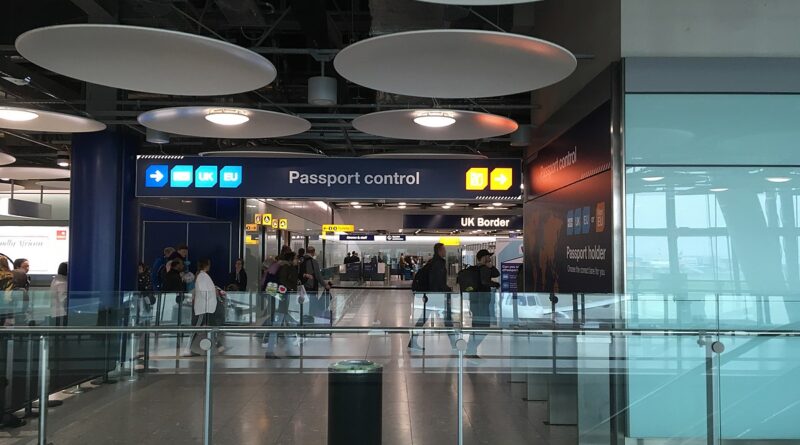UK announces contactless digital border plans
The Home Office aims to begin pilot testing in 2024 but fails to mention what biometric data it plans to collect
UK Home Secretary Priti Patel has announced plans to introduce a contactless digital border system in 2024.
The Home Office will test technologies that would see passengers entering the UK not even require going through an eGate or speaking to a Border Force officer. Instead, passengers would undergo pre-screening and be identified at the border using the latest technology.
What exactly this ‘latest technology’ is, however, has not been defined in the UK government’s announcement. It being dressed as a way to keep Britain safer while failing to mention what the passenger must hand over prior to their flight in order to use it. Yet in order for such a system to work, it will inevitably entail certain biometric data such as fingerprints, retina scanning or facial recognition.
“As Home Secretary I have been focused of taking back control of our immigration system through my New Plan for Immigration,” Patel said.
“This includes ensuring we have a border that is fit for the 21st century which allows travellers to get a visa and pass through the border easily, while maintaining national security.
“I am also committed to ensuring our fantastic Border Force are given access to the most up to date automation technologies so they can use their specialised skills on protecting our border from those who seek to harm the UK.”
The EU’s biometric border push
The European Union has had similar plans in the works for years, with billions of euros going towards infrastructure for the implementation of biometric data to be used at border controls.
As reported by the European Data Journalism Network, the EU’s Horizon 2020 programme has been boosting the biometric industry since long before COVID-19, particularly for security products for police and border control agencies.
Some €1.7 billion in funding was provided by Horizon 2020 between 2014 and 2020 which involves wide ranging surveillance technologies such as facial and iris recognition, and a further €1.3 billion will be provided for the next seven years.
The programme has given out €1.15 billion to private companies since 2007, which equates to 42 percent of the total €2.7 billion in funding while Horizon 2020 has also been the lead partner in almost half of the 714 funded projects.




